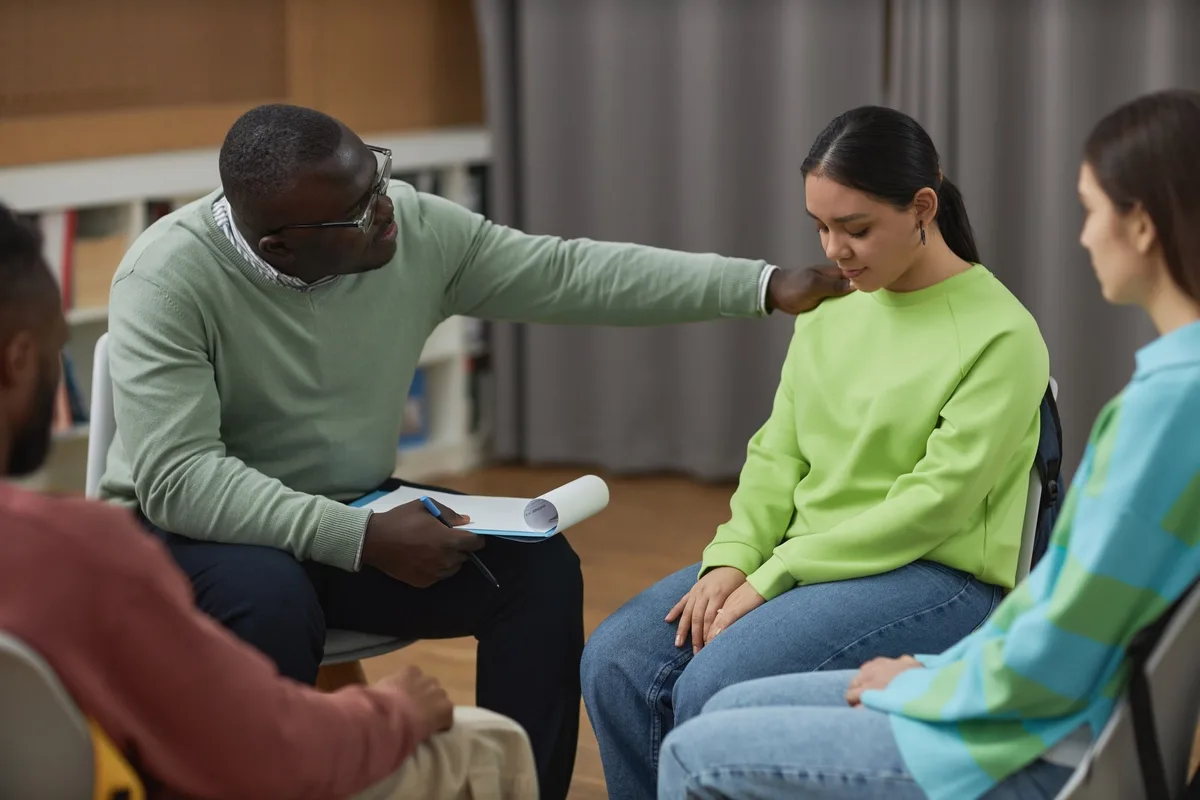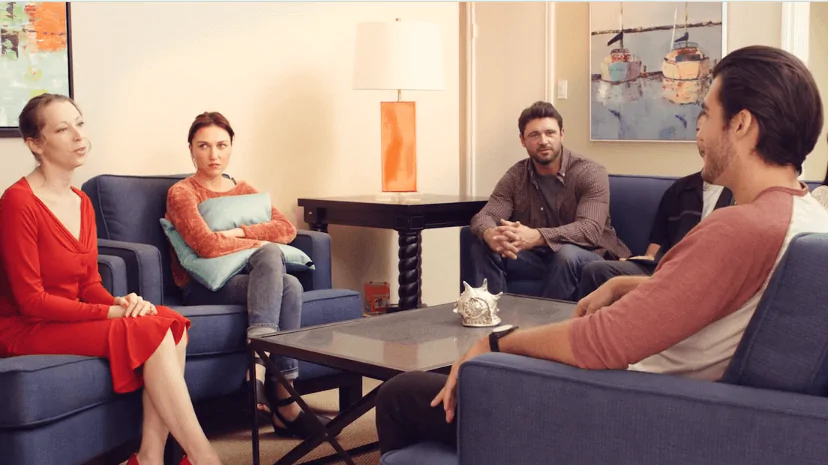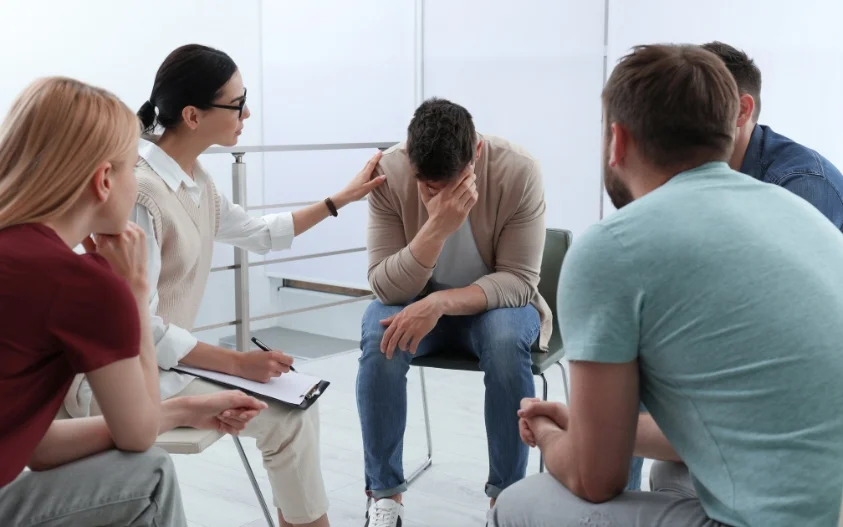24/7 Helpline:
(866) 899-221924/7 Helpline:
(866) 899-2219
Learn more about Aftercare Support centers in Blaine County

Other Insurance Options

Aetna

Anthem

MVP Healthcare

MHNNet Behavioral Health

CareFirst

Ceridian

Horizon Healthcare Service

Lucent

Health Choice

ComPsych
Beacon

Group Health Incorporated

Cigna

Magellan

CareSource

Sutter

Ambetter

Highmark

Carleon

Humana

Red Rock Behavioral Health Services
Red Rock Behavioral Health Services is a private rehab located in Watonga, Oklahoma. Red Rock Behavi...






















































YouthCare of Oklahoma
YouthCare of Oklahoma is an outpatient clinic that provides mental health and substance use treatmen...




















